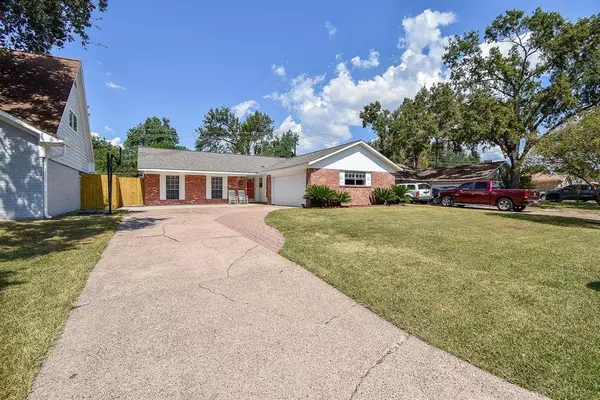How to Figure Out How Much House You Can Buy

How to Figure Out How Much House You Can Buy

If you’re looking to buy a home but are unsure of how much house you can afford, here are five steps you can use to figure it out.
Looking to buy in the Greater Houston Area? Get a full MLS access
Looking to Sell in the Greater Houston Area? Get a free home market analysis
One of the questions I get asked a lot as a Realtor is, “How much house can I buy?” In other words, how can you determine what your housing budget is when purchasing a house? There are five steps you must follow:
- Figure out your household’s income after taxes. What do you and other income earners who will be contributing to the household bills bring home each month after taxes? Look at your last paycheck stub, ask your HR department, or use an online paycheck calculator to calculate this amount.
- Make a list of your household’s recurring monthly expenses. This should include bills you pay every month and bills you only pay some months—like car insurance. If you don’t already have a way you’ve been tracking your budget, look at your checkbook, your bank statements, and your credit card statements to help figure out what you’ve been spending. Note which expenses are optional and which are necessary.
- Make a list of expenses that you will add to when you become a homeowner. Expenses you’ll have that you didn’t have as a renter include water, trash, and home maintenance. You’ll also pay property taxes and hazard insurance. If you’re moving further from your job, your transportation costs may increase as well. If you’re going to make a downpayment of less than 20%, you’ll have to factor in the monthly cost of private mortgage insurance (PMI). Remember, it’s best to estimate high when planning your budget just to be on the safe side.
I can refer you to a local lender who can help you with these steps.
- Determine how much you will have left after expenses to spend on housing. A lender can help you determine your maximum monthly payment by calculating what they call a debt-to-income ratio. Basically, this is what gets paid into the home versus what gets paid out on a monthly basis. Once you’ve determined your household budget, you should have an idea of what you’re comfortable paying on a monthly basis for a house. Don’t forget to leave room for emergencies, retirement, or whatever else you want to save for. In other words, count savings as a non-negotiable expense.
- Figure out how much house you can buy. The No. 1 way to truly know what your budget will allow for on a house note is to sit with a mortgage lender and have them look at your credit score and finances. A great lender will be able to help you figure out what your ‘no-more-than’ amount should be, which will determine which price points you should shop in. As a Realtor, I can help guide you to a local lender who will be an expert in these areas.
If you have any other questions about this topic or you have a topic in mind you would like to see me discuss in a future video, please don’t hesitate to give me a call. I’d love to hear from you! Contact Us
Trackback from your site.
Leave a Reply
Categories
- All Blogs (66)
- Buy A Home (23)
- Buyer Tips (31)
- Deer Park Spotlight (1)
- Downloads (4)
- Downpayment Assistance / Grant Programs (4)
- Financing A Home (11)
- First Time Home Buyers (13)
- First Time Home Sellers (11)
- Follow Me Friday (5)
- For Sale By Owner / FSBO (7)
- Fun Stuff :) (6)
- Holiday Events (2)
- Home Appraisals (7)
- Home Inspections (6)
- Home Loan Process (10)
- Home Maintenance (7)
- Home Staging (4)
- Homestead Exemption (4)
- Investing (6)
- Listing Video Tours (7)
- Market Snapshot (7)
- Market Update (7)
- Miscellaneous (5)
- New Construction (5)
- New Listings (1)
- Raving Fans (5)
- Real Estate Knowledge Video Series (6)
- Sell Your Home (31)
- Seller Tips (28)
- Tax Credits (4)
- Testimonials / Reviews (5)
- Uncategorized (10)
- VIP Preferred Vendors (5)
Recent Posts











